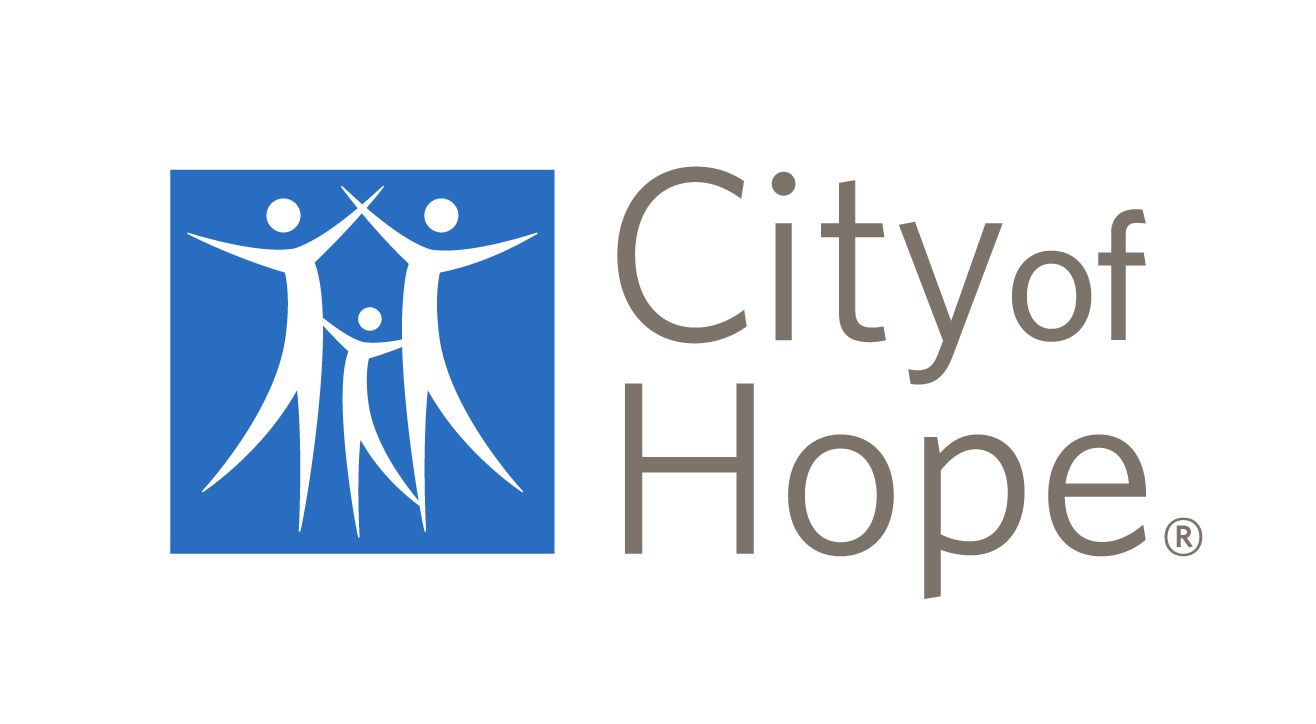- Advertise
- About OncLive
- Editorial Board
- MJH Life Sciences brands
- Contact Us
- Privacy
- Terms & Conditions
- Do Not Sell My Information
2 Clarke Drive
Suite 100
Cranbury, NJ 08512
© 2025 MJH Life Sciences™ and OncLive - Clinical Oncology News, Cancer Expert Insights. All rights reserved.
Dr. Fakih on Immunotherapy in MSS Colon Cancer
Marwan Fakih, MD, professor, Department of Medical Oncology and Therapeutics Research, associate director for Clinical Investigations, Comprehensive Cancer Center, medical director, Judy and Bernard Briskin Center for Clinical Research, co-director, Gastrointestinal Cancer Program, and section head, Gastrointestinal Medical Oncology, City of Hope, discusses the use of immunotherapy in patients with microsatellite stable (MSS) colon cancer.
Marwan Fakih, MD, professor, Department of Medical Oncology and Therapeutics Research, associate director for Clinical Investigations, Comprehensive Cancer Center, medical director, Judy and Bernard Briskin Center for Clinical Research, co-director, Gastrointestinal Cancer Program, and section head, Gastrointestinal Medical Oncology, City of Hope, discusses the use of immunotherapy in patients with microsatellite stable (MSS) colon cancer.
In MSS colon cancer, immunotherapy remains the biggest challenge, explains Fakih. It is unlikely that there will be a single regimen that works for every patient in this setting. Although it was encouraging to see that the combination of durvalumab (Imfinzi) plus tremelimumab is associated with some improvement, it was not enough to change clinical practice, says Fakih. A more robust improvement in overall survival (OS) needs to be seen as well as better patient selection before clinicians consider changing practice, he adds.
Moving forward, there needs to be a better understanding of why colon cancer is so resistant to immunotherapy and methods to overcome that challenge. The answer to the first question may boil down to lymphocytic infiltration, antigen presentation, or even tumor mutation burden, says Fakih, which may ultimately reveal whether there are some patients who will never benefit from immunotherapy.


